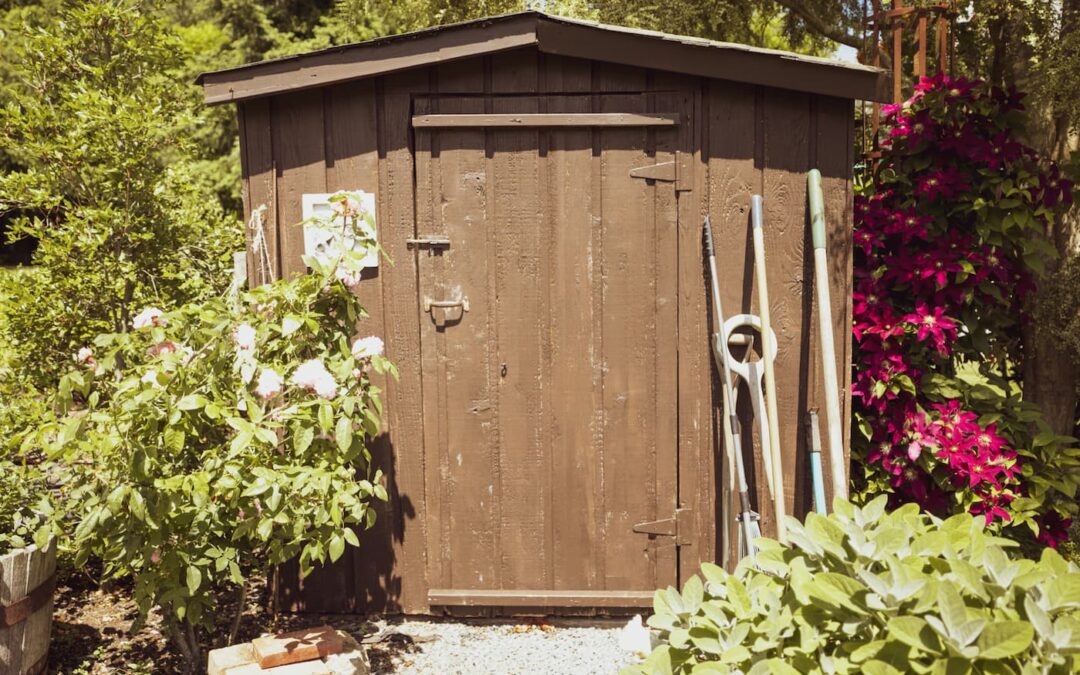In today’s eco-conscious era, organic gardening has become a symbol of responsible plant cultivation. Central to this approach is the use of organic fertilizers, which not only nurture your plants but also protect the environment. In this article, we’ll guide you through the process of integrating organic fertilizers into your gardening routine, step by step.
Understanding Organic Fertilizers
To start your organic gardening journey, you must first understand organic fertilizers. Unlike synthetic options, these fertilizers come from natural sources like compost, animal manure, bone meal, and fish emulsion. They provide nutrients to your plants in a way that mirrors nature’s rhythms, benefiting both plant growth and ecological balance.
Assessing Your Garden’s Needs
Just as a doctor diagnoses before prescribing treatment, you should assess your garden’s specific needs. A soil test reveals essential information about nutrient deficiencies and pH levels. Armed with this knowledge, you can customize your approach to meet your garden’s unique requirements, optimizing your organic fertilization efforts.
Types of Organic Fertilizers
There is a diverse range of organic fertilizers at your disposal. These organic fertilizers offer unique nutritional profiles, catering to a wide array of plant requirements:
- Compost: Often referred to as “black gold,” compost is a nutritional powerhouse that enriches your soil with a broad spectrum of essential nutrients. It also enhances the structural integrity of your soil.
- Animal Manure: Derived from farm animals or poultry, animal manure is a potent source of nitrogen and organic matter, contributing to vibrant plant growth.
- Bone Meal: Sourced from animal bones, bone meal is rich in phosphorus, a vital nutrient essential for robust root development.
- Fish Emulsion: This product of decomposed fish delivers a versatile cocktail of nutrients vital for overall plant health.
Each of these organic fertilizer types boasts a unique nutritional profile, making them tailored solutions for a wide array of plant requirements.
Creating a Fertilization Plan
Crafting a well-structured fertilization plan is paramount to ensure your plants receive consistent and balanced nutrients for robust growth. This personalized plan aligns with your garden’s specific needs, optimizing the supply of essential elements for vibrant and healthy plant development.
Applying Organic Fertilizers
Various methods allow you to apply organic fertilizers effectively. Surface application evenly spreads fertilizers across the soil, while side dressing targets the root zone. Foliar spraying involves applying a diluted organic fertilizer solution to plant leaves for direct nutrient absorption.
Organic Fertilizer Safety
Safety measures address concerns about odors and pathogens. Proper handling, storage, and application ensure a secure gardening experience. Although some fertilizers may have odors, they dissipate over time. Wearing gloves and avoiding contact with your face safeguards against potential pathogens.
Composting as a Source of Organic Fertilizer
Composting transforms kitchen scraps and yard waste into nutrient-rich compost, enhancing your garden’s vitality. It not only reduces waste but also supports soil health and microbial activity.
Incorporating Cover Crops
Cover crops, also known as “green manure,” protect soil from erosion and enrich it with organic matter upon decomposition. They serve as nutrient reservoirs, enhancing soil health and sustainability.
Mulching for Soil Health
Mulching with organic materials conserves moisture, suppresses weeds, and slowly releases nutrients. As the mulch breaks down, it adds organic matter to the soil, improving its structure and nutrient content.
Monitoring and Adjusting
Regularly monitoring plant growth and soil health helps you detect nutrient imbalances. Adjust your fertilization plan based on these cues to maintain vibrant plant health.
Sustainable Practices
Organic fertilizers aren’t just for looks; they’re sustainable allies. Adopting organic gardening practices reduces your carbon footprint and minimizes your ecological impact.
Incorporating organic fertilizers into your gardening routine is a commitment to a healthier planet. By embracing the benefits of these natural elixirs, you’re fostering ecological harmony. From soil health to lush plant growth, using organic fertilizers resonates with the rhythms of nature and transcends the boundaries of your backyard.

